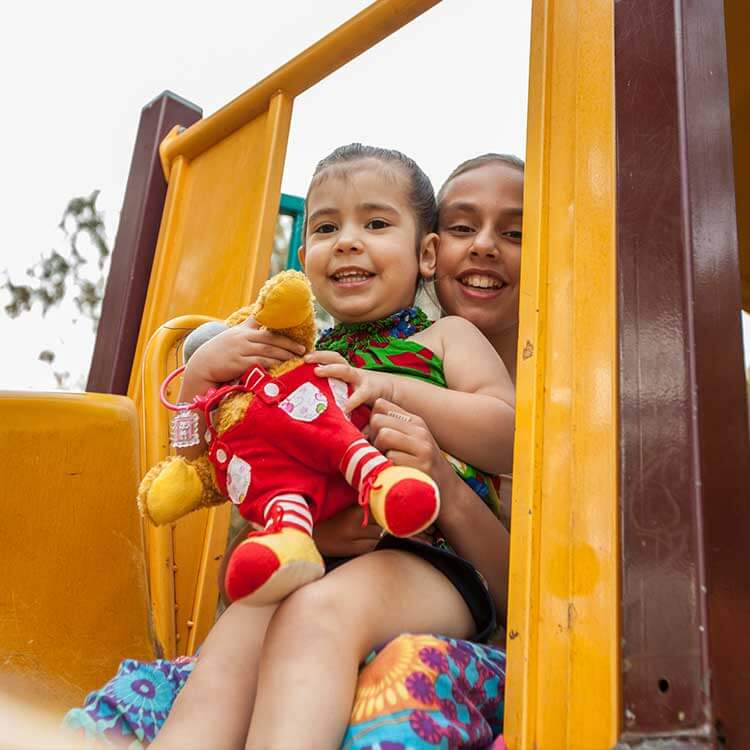Search
Research
Emerging issues in the Pacific BasinThis review provides a snapshot of some key environmental health issues that will provide ongoing challenges for the Pacific Basin region in the coming decades
Research
No role for neutrophil elastase in influenza-induced cellular recruitment, cytokine production or airway hyperresponsiveness in micePrevious studies have suggested that in vitro modulation of neutrophil chemokines and inflammatory cytokines by neutrophil elastase (NE) does not translate to t

The Respiratory Environmental Health team conducts research in early life determinants of lung growth and development, respiratory environmental health, and mechanisms of airway dysfunction in asthma and other respiratory disease.

News & Events
Directing immune development to curb sky-rocketing diseaseOnce upon a time it was infectious diseases like polio, measles or tuberculosis that most worried parents. With these threats now largely under control, parents face a new challenge – sky-rocketing rates of non-infectious diseases such as asthma, allergies and autism.

News & Events
Australian researchers join international project to curb unhealthy lifetime trajectoriesAustralian researchers join global effort to better understand how events during pregnancy and childhood influence the development of disease later in life.
Research
Chemical analysis of new and “aged” e-liquids: Development of a rapid toxicological screening approachAlexander Larcombe BScEnv (Hons) PhD Honorary Research Fellow Honorary Research Fellow Associate Professor Alexander Larcombe began work at The Kids
Research
Computational fluid-particle dynamic and pharmacokinetic assessment of electronic cigarette aerosols for improved understanding of their potential to impact healthThis project will use computational methods to assess the deposition of e-cigarette aerosols in the lungs, and the distribution of chemicals within e-cigarette aerosols throughout the body.
Research
Investigating the effects of macrolides on excessive synthesis and secretion of airway mucins using novel ex vivo and in vivo approachesAlexander Larcombe BScEnv (Hons) PhD Honorary Research Fellow Honorary Research Fellow Associate Professor Alexander Larcombe began work at The Kids
Research
Is acamprosate safe to use in pregnancy, and can it mitigate the effects of alcohol consumption in pregnant mice?Alexander Larcombe BScEnv (Hons) PhD Honorary Research Fellow Honorary Research Fellow Associate Professor Alexander Larcombe began work at The Kids
Research
Lung function in a model of a paediatric metabolic diseaseAlexander Larcombe BScEnv (Hons) PhD Honorary Research Fellow Honorary Research Fellow Associate Professor Alexander Larcombe began work at The Kids
